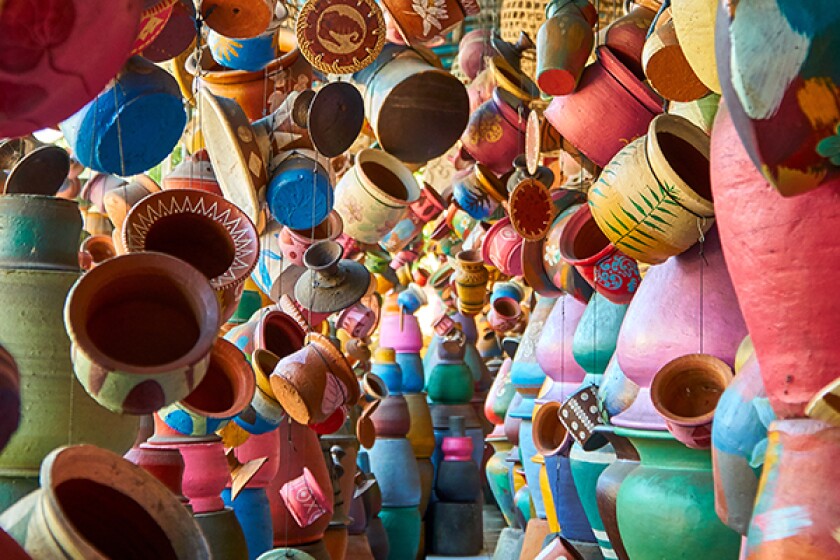Procedure for introducing and releasing goods to and from areas designated as free trade zones and free port zones and exemption from excise.
The government of Indonesia, through the minister of finance (MoF), issued Regulation No. 84/PMK.04/2019 on May 29 2019 concerning the procedure for introducing and releasing goods to and from the areas designated as free trade zones and free port zones and exemption from excise. This regulation adds several points that were not stipulated in the previous regulation, No. 47/PMK.04/2012:
The customs value for calculating import duty and Article 22 income tax on imports in the context of introducing goods from outside the customs territory into a free zone, or from another free zone, bonded storage, or special economic zone into a free zone;
The customs value to calculate the import duty and Article 22 income tax on imports in the context of releasing goods from a free zone, or production output of a free zone to other place within the customs territory;
The calculation of state levies, including customs duty, excise, VAT and Article 22 income tax on release of goods and/or materials originating from outside the customs territory from a free zone to another place within the customs territory;
The calculation of state levies, including customs duty, excise, VAT and Article 22 income tax on production output of a free zone which is released from the free zone to another place within the customs territory.
It is also stipulated that at the time of entry of raw materials originating from outside the customs territory into a free zone, the material is exempted from imposition of anti-dumping import duty.
This regulation stipulates transitional provisions regarding the release of production output of a free zone to other places within the customs territory as stipulated in the previous MoF regulations No. 120/PMK.4/2017 and 47/PMK.04/2012, as long as it fulfils several requirements.
Latest regulation regarding collection of income tax from buyers on the sale of goods that are classified as very luxurious
On June 19 2019, the MoF issued MoF Regulation No. 92/PMK.03/2019 (PMK-92) concerning certain corporate taxpayers as collectors of income tax from buyers on the sale of goods that are classified as very luxurious, which amends the previous MoF Regulation No. 90/PMK.03/2015 (PMK-90).
A tax collector is a corporate taxpayer that makes sales of goods that are classified as highly luxurious.
PMK-92 changes the stipulations of goods classified as very luxurious and the amount of income tax when selling goods that are classified as very luxurious.
1) The goods classified as very luxurious include:
Private airplanes and private helicopters;
Cruise ships, yachts etc.;
Houses and land with a sale price of more than IDR 30 billion ($1.7 million) and bulding area of more than 400 m2 (four hundred square metres);
Apartments, condominiums etc. with a selling price of more than IDR 10 billion and/or building area of more than 150 m2;
Four-wheeled passenger motor vehicles for transport of fewer than 10 persons with a selling price greater than IDR 2 billion or cylinder capacity greater than 3,000 cc; and/or
Two- or three-wheeled motor vehicles with a selling price greater than IDR 3 billion or with cylinder capacity greater than 250 cc.
2) The amount of income tax when selling goods classified as very luxurious is as follows:
One percent from the selling price, not including value-added tax and sales tax on luxury goods (VAT and LGST), on a house together with its land, apartment, condominium, etc.
Five percent from the selling price not including VAT and LGST, on a private plane and private helicopters, cruise ships, yachts, four-wheeled motor vehicles, and two-wheeled and three-wheeled motor vehicles.
GNV Consulting Services
T: +62 (21) 2988 0681
W: www.gnv.id













